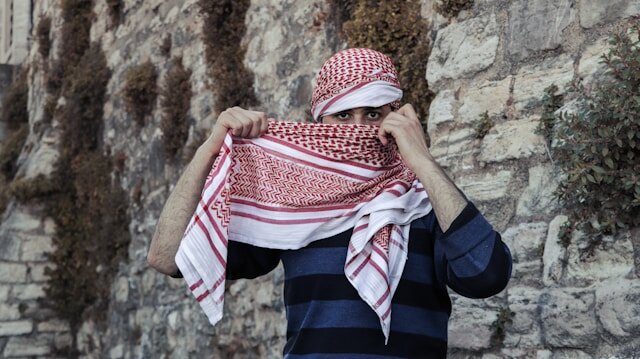After 2003, Iraq made significant strides towards integrating human rights into its national framework, spurred by its interim and subsequent 2005 permanent constitution which emphasized rights and freedoms. This effort was bolstered by international support, including from civil society and global organizations like the United Nations.
Iraq’s government sought to spread human rights awareness broadly and established institutions such as the Ministry for Human Rights and the High Commission for Human Rights. It focused on empowering women, encouraging their participation in all spheres of public and political life, aiming to dismantle traditional gender roles. Despite these efforts, societal resistance to gender equality remains strong, with entrenched male authority often viewing women’s equality as a threat.
The UN and other international bodies supported Iraq’s gender equality initiatives through training, advisory services, and planning. However, the lack of effective implementation mechanisms has hindered significant progress. Notably, despite governmental efforts to institutionalize women’s empowerment, no official body adequately represents Iraqi women at the United Nations.
Opposition to the concept of gender, often grounded in cultural and religious arguments, has fueled hostility towards gender equality advocates. This opposition is partly due to misconceptions about gender terminology and political agendas exploiting public opinion.
Despite these challenges, Iraq made notable advancements, particularly by being the first Middle Eastern country to implement UN Security Council Resolution 1325 on women, peace, and security. National strategies for women’s advancement were developed, although their continuation faces significant obstacles.
Ultimately, the effective participation of women in public life is a crucial measure of Iraq’s developmental progress and commitment to equality. Efforts to enhance women’s roles continue amid debates over gender terminology and societal resistance.







